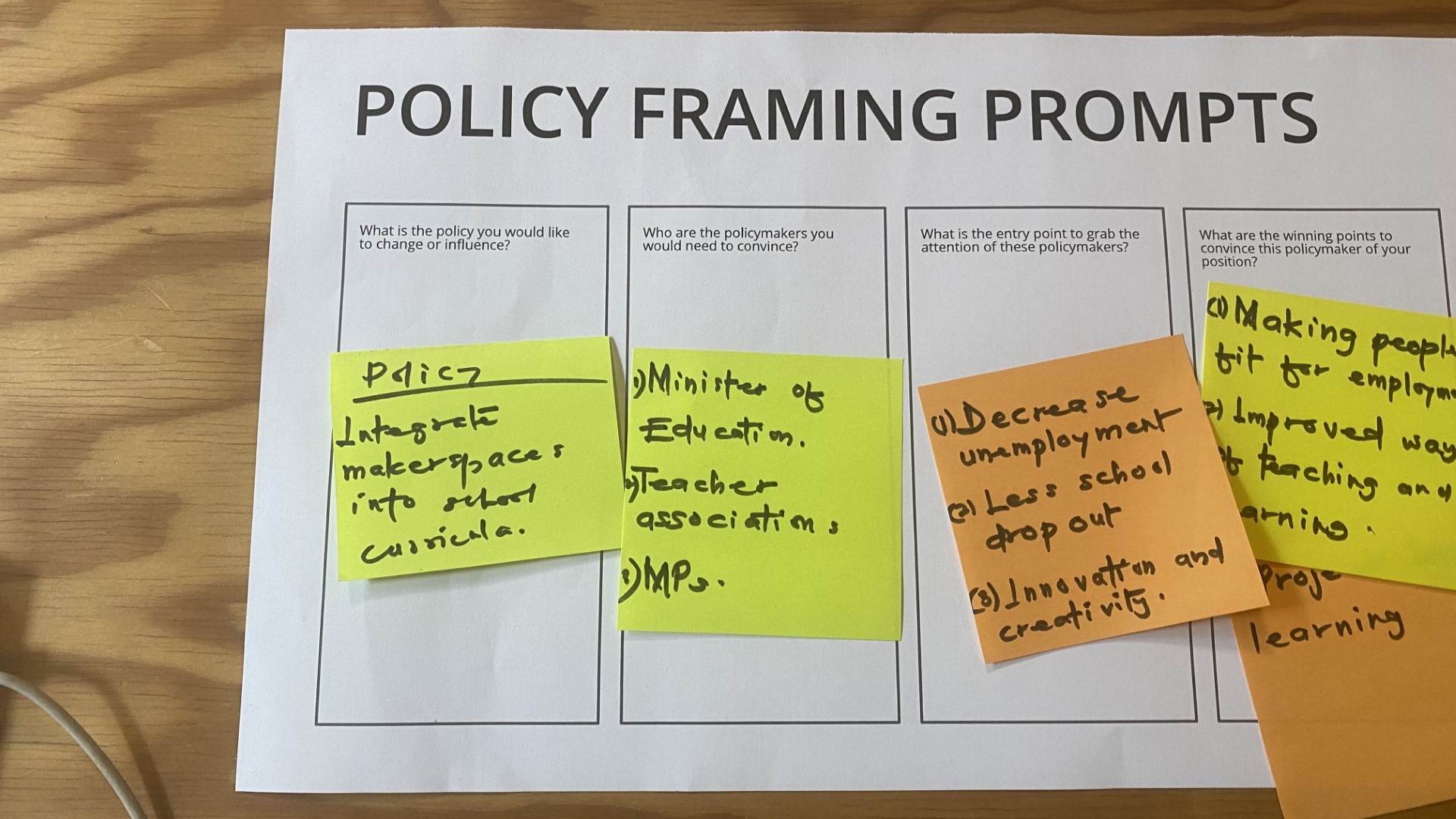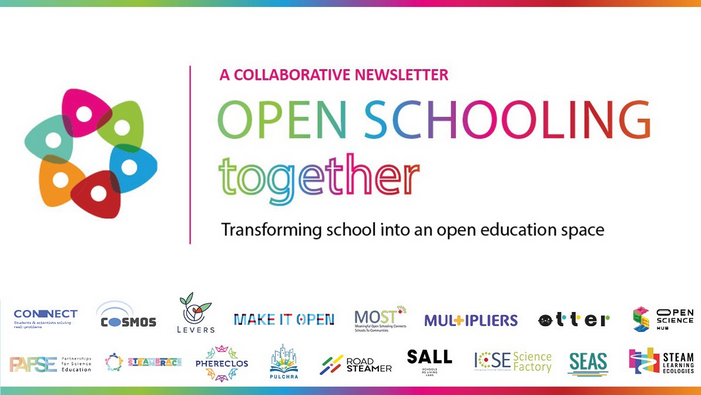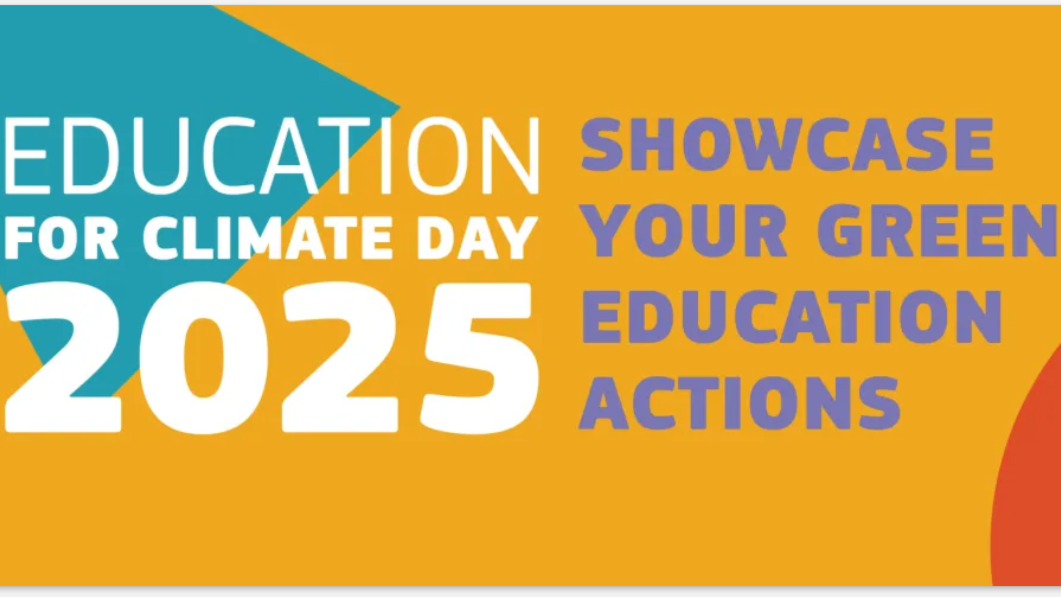Last month, the consortium meeting of the mAkE (African European Maker Innovation Ecosystem) and DBB (The Distributed Design Platform) projects included an insightful workshop on Maker Pedagogy and STE(A)M. The Road-STEAMer project contributed with some initial project findings – thanks Claudia Magdalena Fabian from the Centre for Social Innovation (ZSI). The workshop took place in Barcelona, Spain, and involved more than 40 enthusiastic participants.
Maker Pedagogy and the STE(A)M Educational Approach
The main aim of the mAkE and DBB projects is to boost Maker Pedagogy, an innovative educational practice focusing on hands-on learning through design, creation, and collaboration in makerspaces. The Maker Pedagogy practice is groundbreaking in an educational context as it promotes creativity and collaboration but also cultivates a sense of ownership and relevance in students, enabling them to discern the practical application of learning-by-doing and represents a significant departure towards recognizing education as a catalyst for social innovation. Maker Pedagogy should be at the core of the STE(A)M approach, aiming to make the STEM (Science, Technology, Engineering, Mathematics) education more inclusive and compelling by incorporating ‘Arts’ into STEM. The fusion of the two approaches (Maker Pedagogy and STE(A)M) will offer a promising avenue towards social innovation in education when it comes to teaching scientific subjects.
The Journey of STE(A)M and Maker Pedagogy into Educational Curricula
The journey towards embedding STE(A)M and Maker Pedagogy into educational systems presents multiple layers of barriers, and the transition requires concerted efforts from educators, policymakers, and the community to dismantle these layers and pave the way for a more inclusive and engaging educational landscape.
Transitioning from STEM to STEAM maker education represents a form of “social innovation in education”, as defined by the Centre for Social Innovation: “Social innovations are new concepts and measures for solving social challenges that are accepted and utilized by social groups affected”. The impact of this innovation can range from individual to societal levels. However, this approach must be adopted and implemented by educational institutions to truly qualify as a social innovation.
The Workshop and the Policy Recommendations
With the aim to formulate policy recommendations to integrate STE(A)M approaches (including makerspaces) in national curricula, the 2-hour workshop split participants in groups. In this context, Claudia Magdalena Fabian shared some initial results from the RoadSTEAMer project with fellow group members. Here are some key insights from the discussions:
- Initiate dialogues of vital stakeholders like Ministries of Education, teacher associations, and Members of the Parliaments
- Disseminate the benefits of this new approach, including reducing unemployment, decreasing school dropouts, and fostering innovation and creativity among young people and future employee
- Applying STE(A)M education and adopting the Maker Pedagogy practice helps student understand the interconnectedness of different disciplines and how to apply them in real-life situations
- Including companies or local SMEs in the learning process to facilitate employability rate and learning transfer
The finding discussed at the workshop represent vital data for the Road-STEAMer core goal to develop a roadmap for science education in Horizon Europe. Also, the discussion will feed the systematic analysis of the conditions and requirements of a STEAM approach with a policy roadmap.



